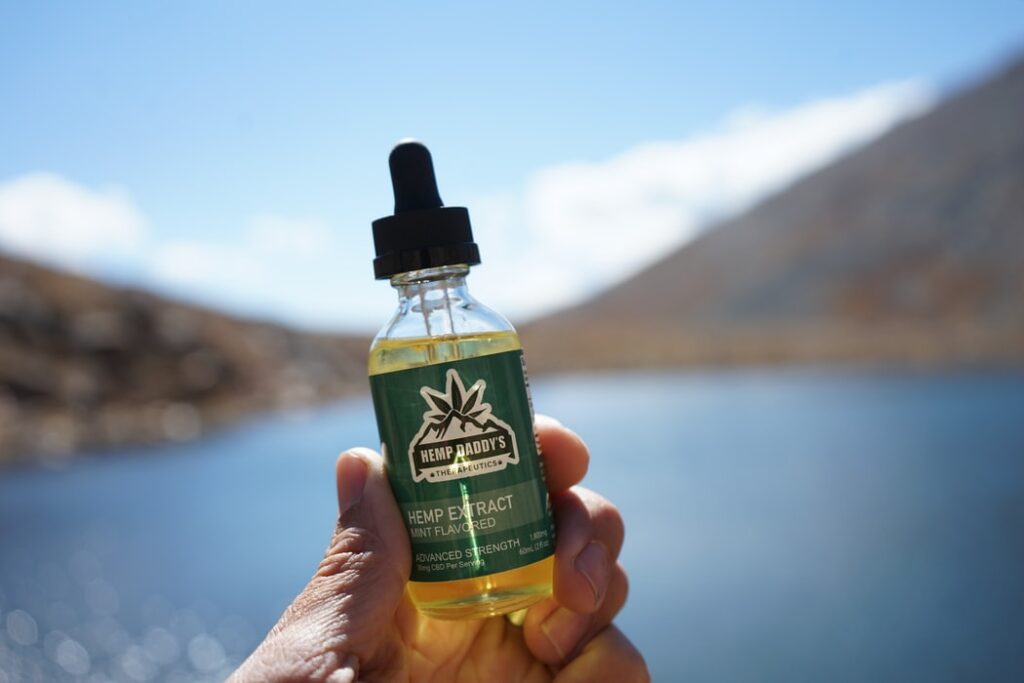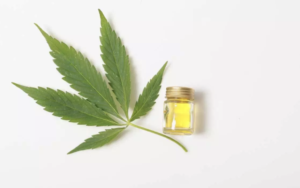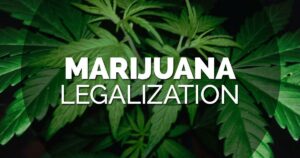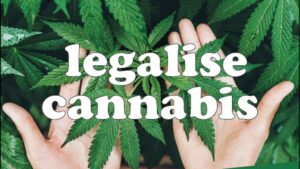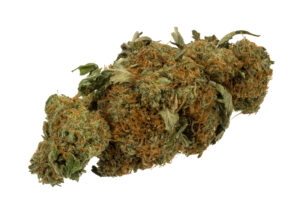While a complete body of research remains inconclusive, available information would indicate that CBD is quite useful in the treatment of and mitigation against a plethora of conditions, including anxiety and insomnia.
Considering recent litigation events, Thai citizens and residents are likely contemplating its use more than ever. Nevertheless, the question of its legality continues to come to the fore.
The intention of the information below is to provide a comprehensive look at the implications of the said litigation and what that means for the current state of CBD oil acquisition and use in Thailand.
The Newest Advancement in Legislation
The legislation change on January 22 is where much of the ambiguous origins lie. Thailand is now the first country in the Asian region that has put forward a decriminalization motion against marijuana.
In contrast, there are countries such as Indonesia where you can end up getting yourself the death penalty for possessing marijuana, especially excessive amounts of the drug.
However, there are a couple of caveats to pay attention to here. First, this is by no means a license to use cannabis for recreational use. This is more of clearance for cultivation and medical applications. Some of the subheadings below speak to specific implications of the ruling.
What you should bear in mind from now though is that any extract that contains over a 0.2% tetrahydrocannabinol or THC is going to remain within the control of the Ministry of Public Health (MOPH).
For clarification, THC is the psychoactive portion of the cannabis plant. Marijuana users often find themselves feeling “high” or “stoned” after its use. THC is what is responsible for this feeling.
Online and Offline Purchases
While in Thailand, you may notice that finding CBD oil in an online store is now possible, albeit not as frequent as you might imagine. However, the 0.2% THC threshold cannot be crossed, or the substance immediately falls under the illegal categorization.
Provided that the right documentation and authorization are obtained, this means that foreigners can enter the country with their own CBD oil and they’re even going to be able to purchase allowed quantities of the substance from online sources too.
If you prefer to pay a visit to a brick-and-mortar location instead, you are going to be able to purchase CBD oil there too. In fact, the change alluded to above has directly led to Thailand beginning to import the oil for medical applications. Thanks to this, you are going to notice that you can find the substance in alternative medicine and natural health stores.
Though you can make these purchases, this supply chain is another story. The availability of CBD oil in any country depends on legal allowances and available supply. While Thailand has partially cleared the first hurdle, the second comes into question.
You may have a subset of people in Thailand rejoicing, but the reality is that CBD oil popularity in the country is not even close to comparable as it is in others such as North America.
Therefore, it may be in your best interest to stick with a reputable provider if you should manage to find one.
Cultivation
One of the great things about this new change is the potential that it introduces for legal cultivation. Therefore, if you wish to start growing the plant for personal use, you are allowed to do this. Note, however, that you are required to obtain the stipulated permits and licenses before you get to start doing so.
This does not mean you can start to cultivate the plant in an unrestricted manner. It requires the growth of the approved strains that contain a low amount of THC. With that in mind, you can begin the cultivation process if you aim to produce CBD oil.
Medical Vs. Recreational Legalities
This is the usage discussion, and it seems to be where much of the confusion surrounding CBD oil lies. For example, you may have heard that there are instances in which it is allowed to use versions of the substance that cross the 0.2% THC threshold.
While this is not an incorrect statement, it is only allowed for medical purposes. A host of diseases such as cancers, for example, fall under a bracket that allows for medical cannabis use.
Again, this is the kind of thing that has a registration process, so do not get the impression that you can do it freely. It’s a heavily controlled system, which means it’s very unlikely that anyone is going to be able to abuse it without repercussions.
Of course, once you stay below the 0.2% THC threshold in CBD oil, then purchasing it in small recreational quantities is not a problem.
Import restrictions
With such a legal phenomenon taking place, people naturally begin to consider things on a global scale. So, what about the question of imports where CBD is concerned? Can Thai citizens now go ahead and start bringing in CBD oil?
Unfortunately, you cannot do this, but that is technically because of a timer. Even with the decriminalization motion, a five-year period that would have started in September 2019 must elapse before importation can take place.
Right now, for CBD oil from cannabis not to be considered a narcotic, it must be a 99%-pure variety that would have been extracted and produced in Thailand. So, if anyone were to choose to attempt an import at this point, applicable penalties for possession of illegal narcotics would come into the picture.
On the matter of the global market, Thailand sees the need to ensure that it puts itself first in the economic benefits that such a move can grant. Therefore, though foreigners can invest in manufacturing companies that produce CBD oil, they are allowed to hold no more than 33% of the company’s total shares.
Assumedly, once this five-year period has elapsed, manufacturing is likely going to ramp up, considering the ability to take advantage of technological advancements from overseas.
Potential Licensing Requirements
Reiterating the fact that the industry is quite controlled, there’s the matter of a cannabis production license. This caveat was introduced as authorities still want to be able to correctly process any cannabis that falls under the narcotic umbrella.
So, if you aspire to open a factory for this purpose, passing the license requirement is non-negotiable. Note, however, that this is easier said than done, as the current intention is to have more regulation in place before traditional private sector applicants are welcome.
The only licensed producers are public and private universities and government organizations. Chief among these is the Government Pharmaceutical Organization.
If you’re not looking to produce CBD oil, then you may still be wondering if you need a license to treat yourself. Well, based on interpretation of the current law, you may not necessarily require one if you have been prescribed medical cannabis.
The doctor providing the prescription must have received the Department of Medical Service’s special cannabis training.
Additionally, there is the matter of international patients coming in with cannabis prescriptions. As indicated above, they can bring in their own CBD supply, but a possession license from the FDA is going to be required.
Conclusion
The motion passed by the public health authority has created a lot of excitement for Thai residents and citizens who may have a vested interest in the production and use of CBD oil.
Nevertheless, the current situation is certainly not an open invitation for people to start making and using CBD blindly. There is a requirement to pay attention to the THC concentration, as well as other caveats that you want to bear in mind.
Production and importation come with their own sets of concerns. This is to be expected, considering that the authorities are trying to maintain tight control of the industry.
After all, this is uncharted territory, and the complete framework of litigation and regulations that are going to be necessary to prevent abuse are not yet in place. Until that time, you can purchase small quantities of CBD oil for recreational use provided they fall below the 0.2% THC threshold.



